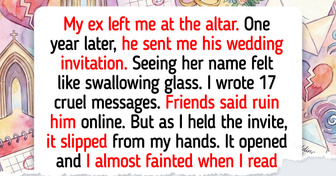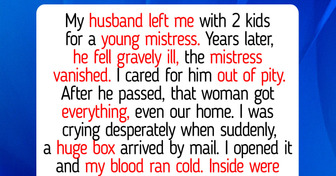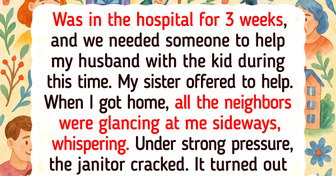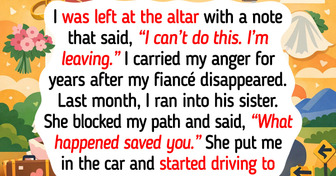10 Minor Incidents That Spiraled Into Serious Workplace Drama

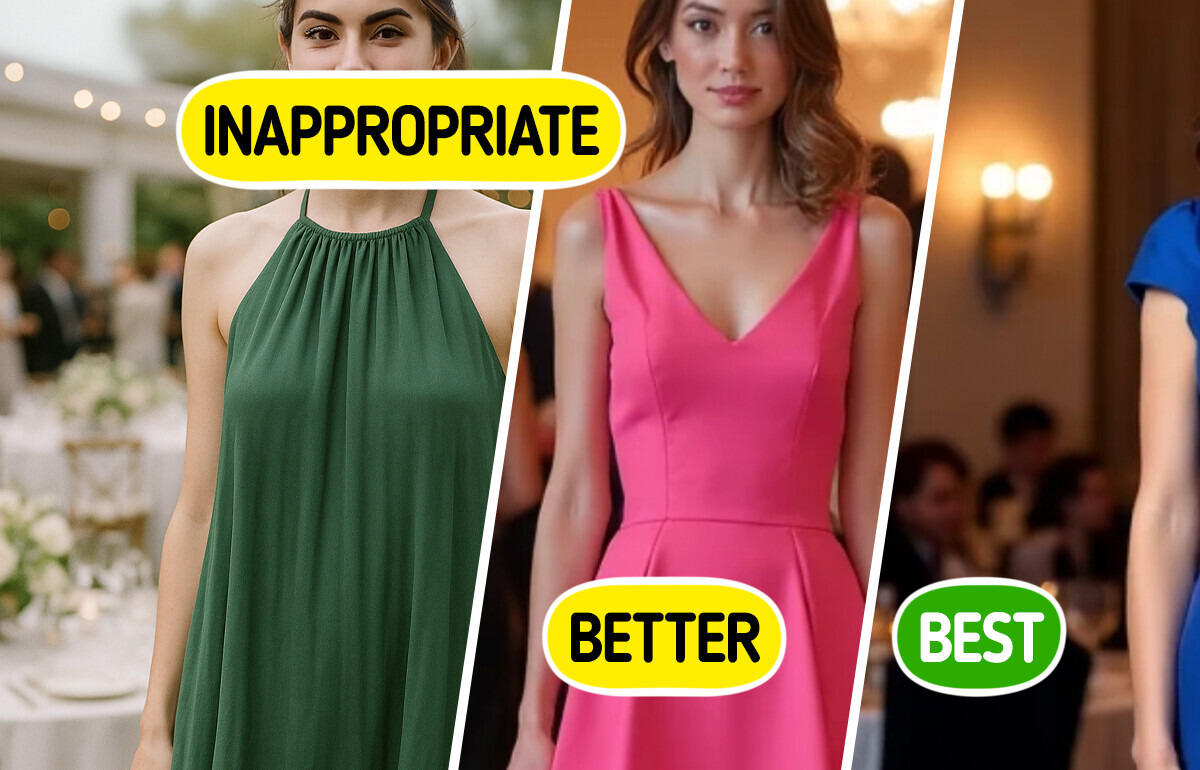
Attending a wedding is a joyous occasion, but choosing the right outfit can be a minefield of unspoken rules and cultural nuances. While some guidelines are widely known—like avoiding white to not upstage the bride—others are less obvious but equally important. To help you navigate the dos and don’ts of wedding guest attire, we’ve compiled a list of common mistakes to avoid, ensuring you celebrate the couple’s big day with style and respect.
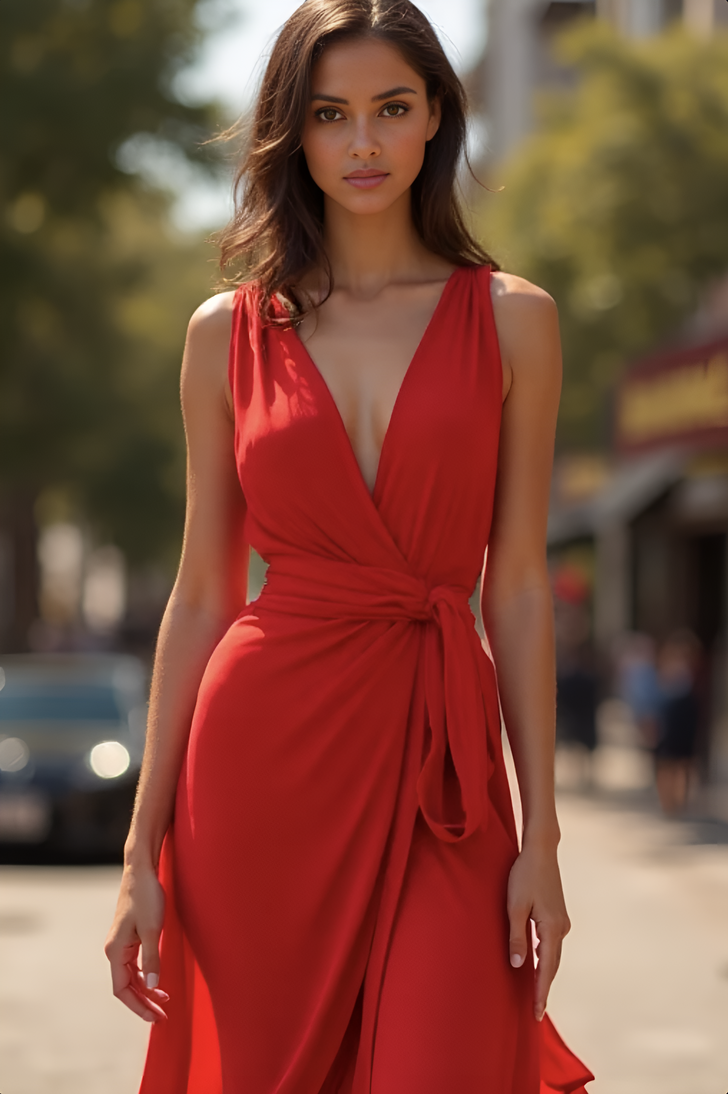
In many cultures, red is traditionally reserved for the bride, symbolizing joy and prosperity. Wearing red as a guest can be seen as rude or attention-seeking. It’s best to opt for other vibrant colors that don’t carry the same cultural significance.
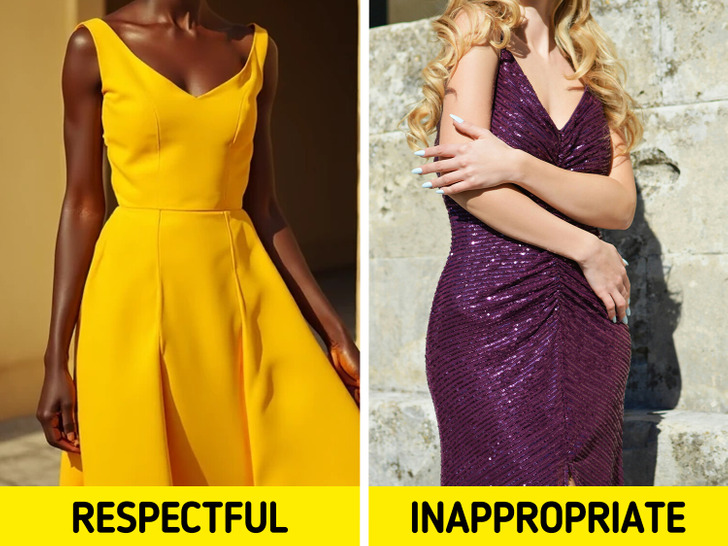
While a touch of sparkle can be festive, over-the-top sequined outfits may inappropriately draw the eye away from the bride or signal that you’re trying to attract attention. Aim for elegance without overshadowing the main attraction.
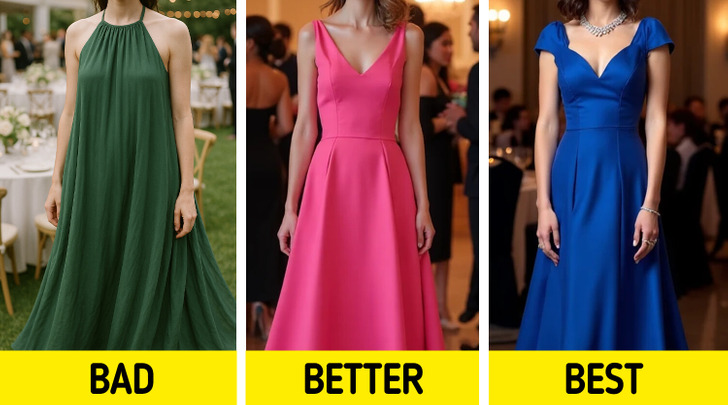
White tie is the most formal wedding dress code, and it comes with very specific expectations. For women, this means a conservative full-length evening gown with a fitted bodice. While covering your shoulders isn’t always required, it’s a good idea to assess the tone of the event. If your dress has bare shoulders, consider pairing it with a shawl or elbow-length gloves to maintain a polished, appropriate look.
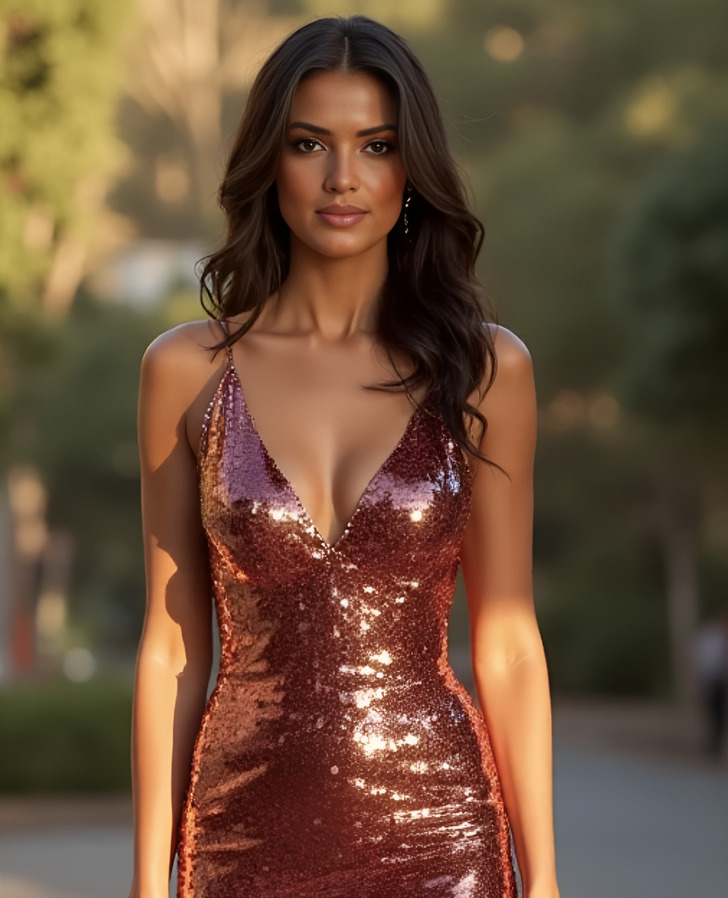
Modesty is key at weddings. Dresses with plunging necklines or high slits can be deemed inappropriate, especially in conservative settings. Opt for attire that balances style with decorum.
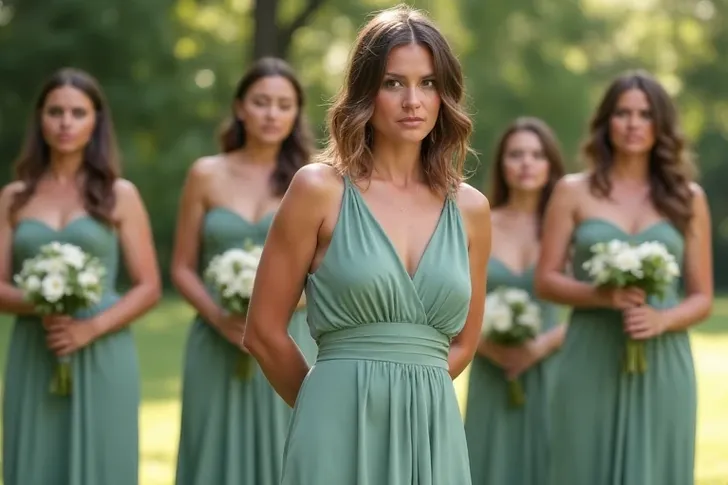
Wearing the same colors as the bridal party can cause confusion. Unless instructed otherwise, steer clear of the wedding’s color palette to avoid being mistaken for a member of the wedding party.
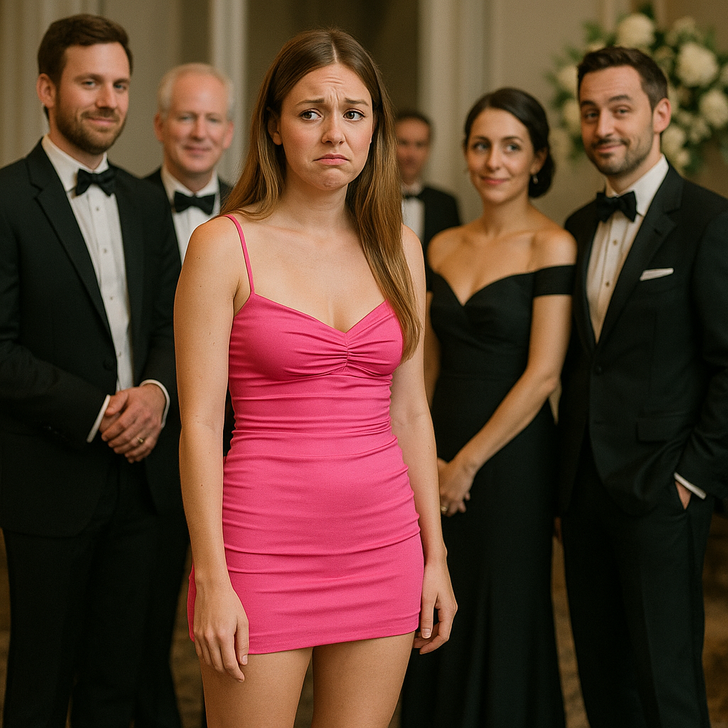
Dress codes are set to guide guests on appropriate attire. Disregarding them can lead to discomfort or embarrassment. Always research and adhere to the specified dress code, whether it’s casual, semiformal, or black tie.
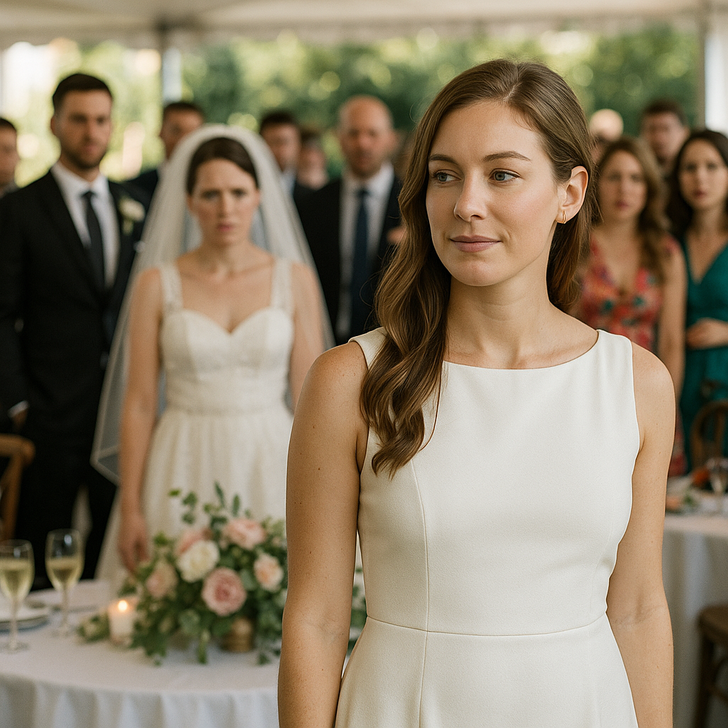
This one goes without saying, but it’s too important to not mention. White and cream are traditionally reserved for the bride. Wearing these colors can be seen as an attempt to upstage her. Choose other hues to celebrate the occasion respectfully.
Comfort and appropriateness are essential when selecting shoes. Avoid overly casual footwear like flip-flops or sneakers unless specified. Opt for shoes that complement your outfit and the venue.
Even if the wedding is labeled as casual, it’s important to dress neatly. Avoid jeans, t-shirts, and other overly casual items unless explicitly stated. Aim for a polished look that respects the occasion.
While accessories can enhance an outfit, over-accessorizing can be distracting. Choose subtle, elegant pieces that complement your attire without drawing undue attention.
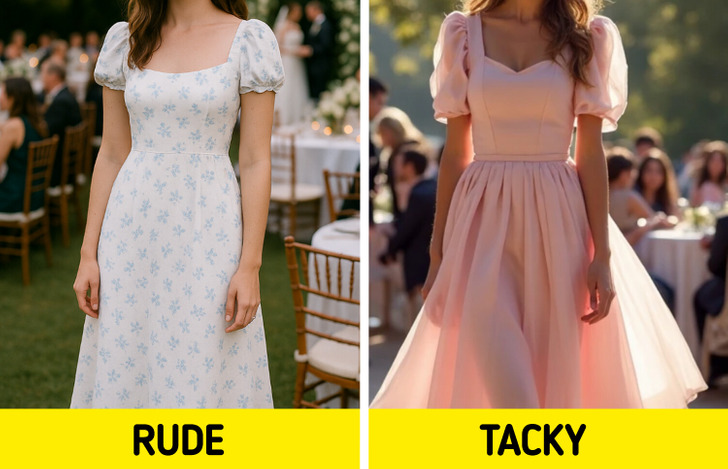
These trends are currently popular with brides, and wearing them can inadvertently mimic bridal attire. Additionally, these pieces can photograph white, which will make for some awkward wedding photos. Opt for distinct colors and patterns to avoid any confusion.
In most cultures, midriff-baring outfits can be deemed too casual or inappropriate for a wedding setting. Choose attire that maintains a balance between style and modesty. Where appropriate, elegant cutouts may be a better option than tiny crop tops.
By being mindful of these common pitfalls, you can ensure your wedding guest attire is both stylish and appropriate. As traditions evolve, so do fashion norms. For a deeper dive into how wedding customs are changing, check out this article on wedding traditions that young people around the world are giving up on.






